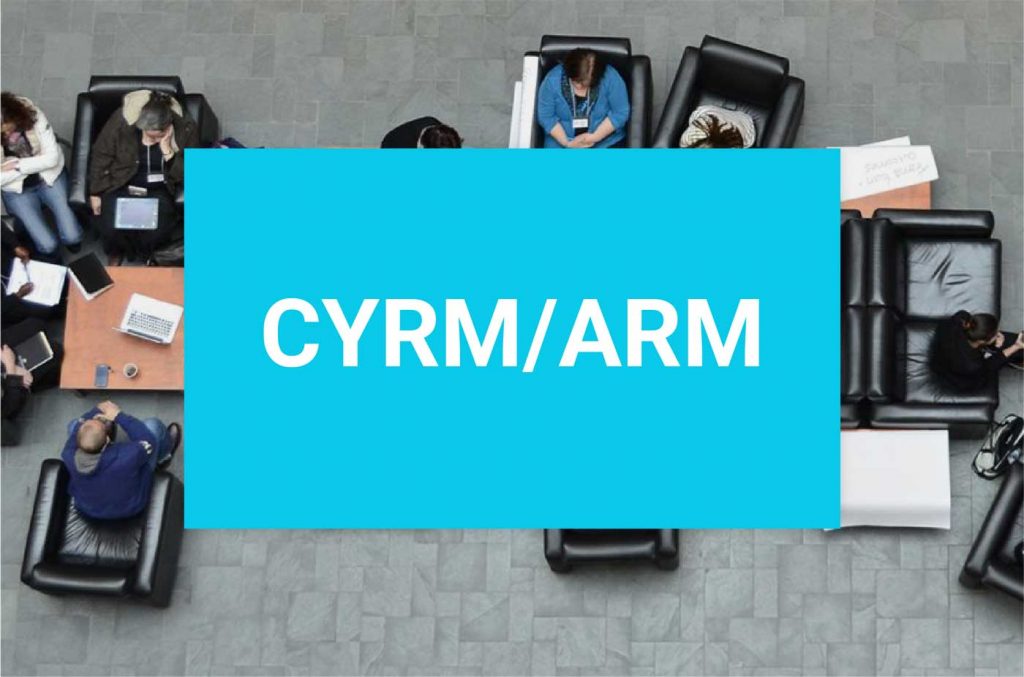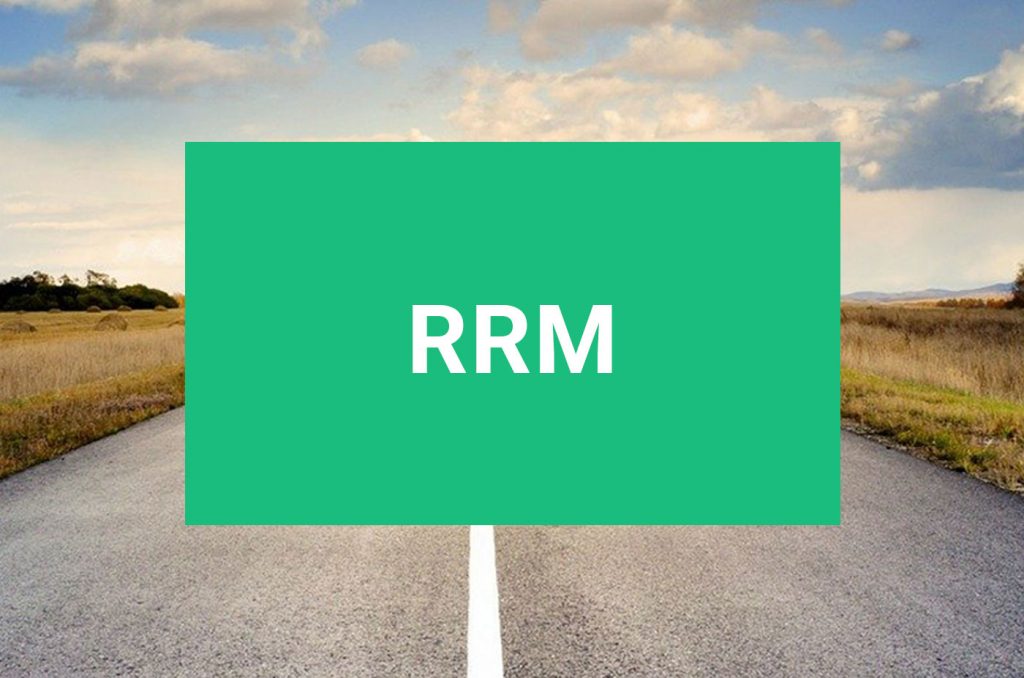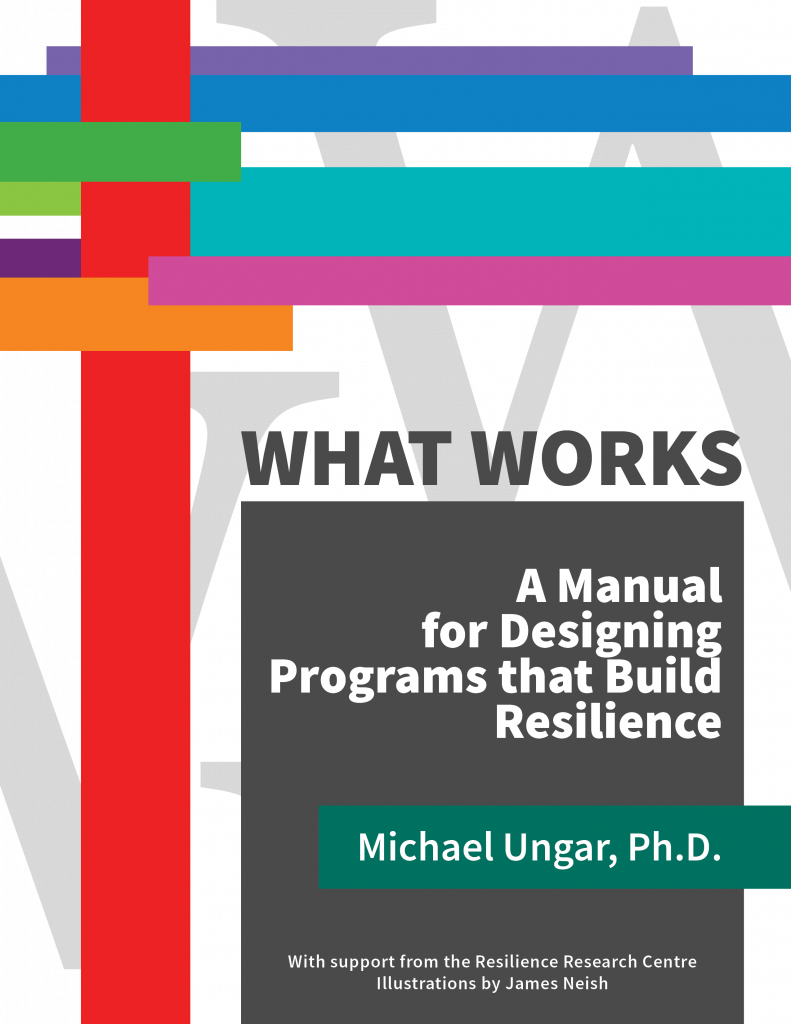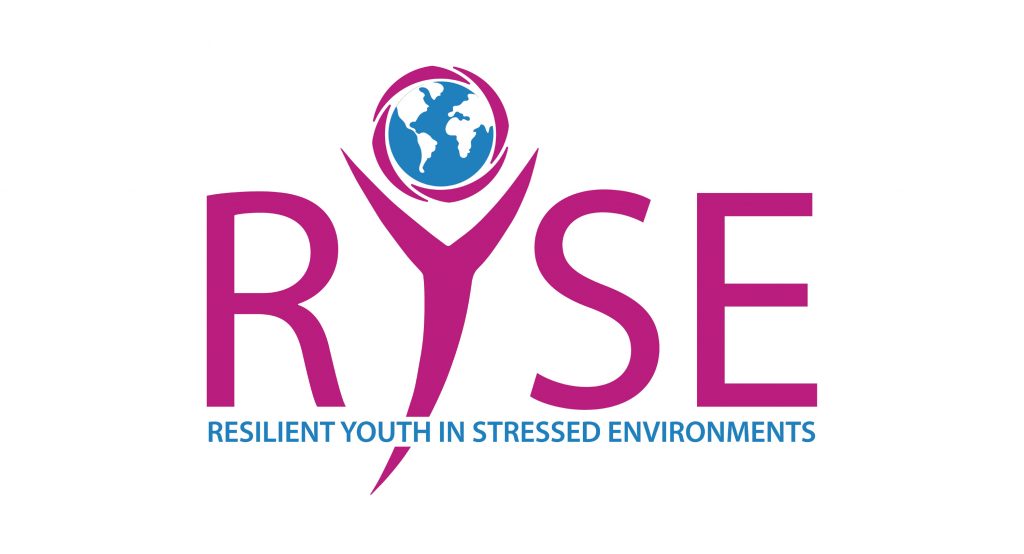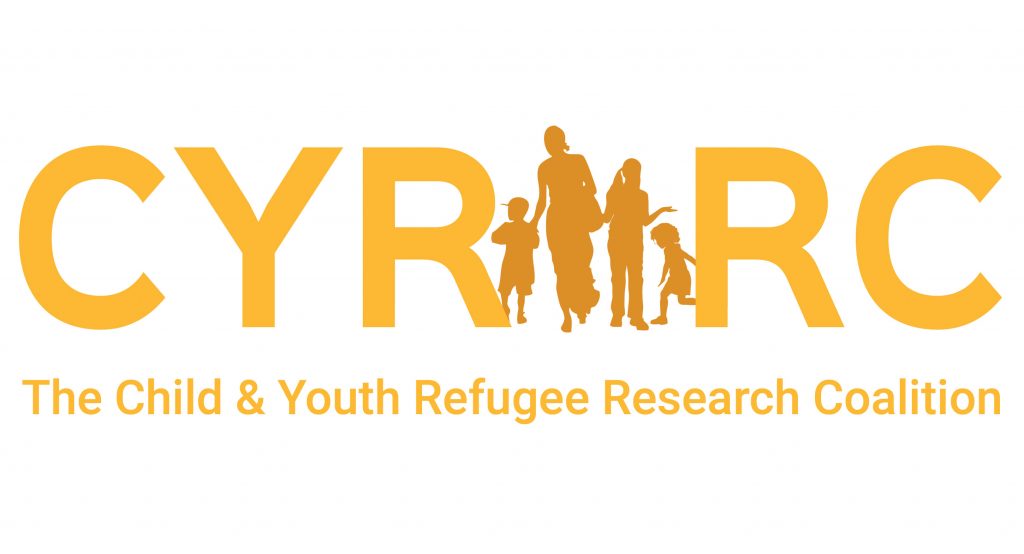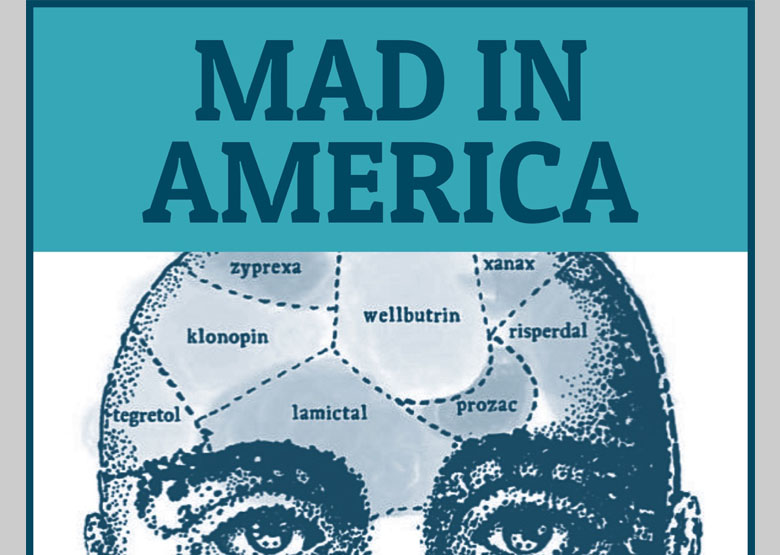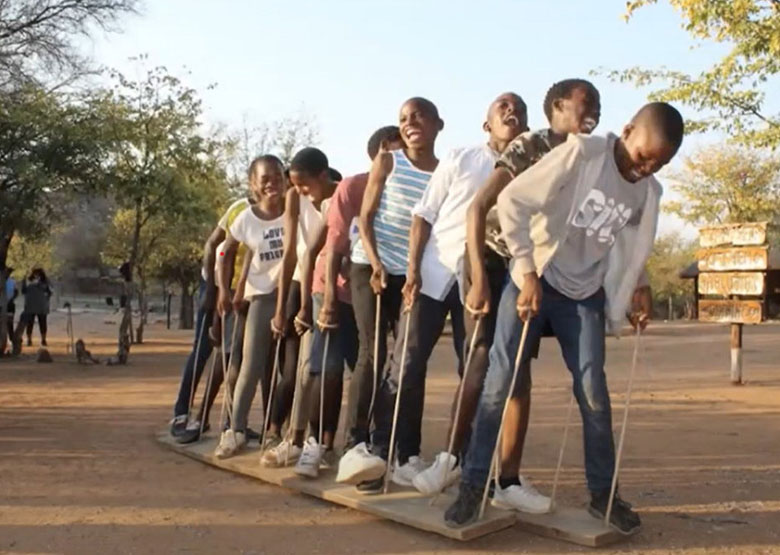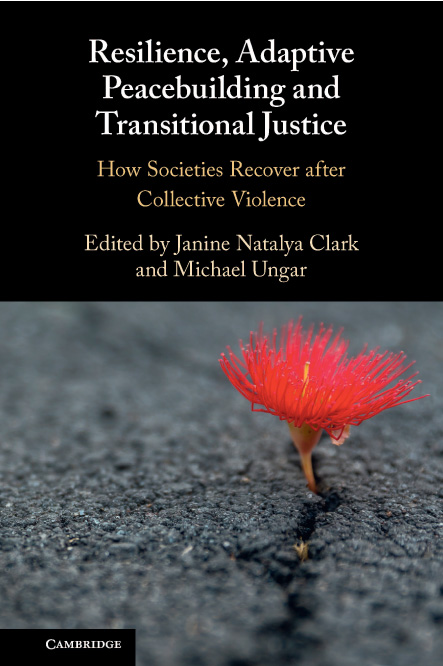Welcome to the Resilience Research Centre
We carry out innovative research while providing world-renowned resilience tools and resources.
Guiding the world in resilience research
Led by Dr. Michael Ungar, the Resilience Research Centre has collaborated with local, national and international institutions for more than 15 years to carry out innovative research that explores pathways to resilience across cultures. That work focuses on explaining how children, youth and adults thrive in family, school, workplace and community settings under stress. The Centre also provides resilience measurement tools and training in the form of workshops and conferences. Through its partnerships with researchers, policymakers and clinicians around the globe, the Centre has built a world-renowned resource hub of resilience expertise and tools to support individuals and communities on their path to psychological, social, cultural and physical well-being.

Guiding the world in resilience research
Led by Dr. Michael Ungar, the Resilience Research Centre has collaborated with local, national and international institutions for more than 15 years to carry out innovative research that explores pathways to resilience across cultures. That work focuses on explaining how children, youth and adults thrive in family, school, workplace and community settings under stress. The Centre also provides resilience measurement tools and training in the form of workshops and conferences. Through its partnerships with researchers, policymakers and clinicians around the globe, the Centre has built a world-renowned resource hub of resilience expertise and tools to support individuals and communities on their path to psychological, social, cultural and physical well-being.
Tools and Resources
Resilience Measure (CYRM/ARM)
Self-report measures of social-ecological resilience, used by researchers and practitioners worldwide.
Learn More
Resilience to Violent Extremism (BRAVE)
A brief questionnaire tool that can be used to assess risk and protective factors for young people’s resilience to violent extremism.
Learn More
The Rugged Resilience Measure (RRM)
A brief and validated self-report measure of psychological or ‘internal’ resilience.
Learn More
Evaluation Tool Basket
A tool designed to help programs and organizations complete their own internal evaluation.
Learn More
What Works Manual
An easy-to-use guide that is ideal for anyone working with children and families in social service or humanitarian settings, as well as community facilitators, counselors, and policy makers. It includes plenty of case examples of programs in both low-and-middle-income countries (where financial and human resources are scarce) and high-income countries (where resources are easier to find but problems can still be very complex).
R2 Resilience
R2 is a program built on promising practices that have been shown to enhance wellbeing among individuals experiencing stress and adversity. It integrates the principles of a social ecological approach to resilience developed by Dr. Michael Ungar and his colleagues from all around the world who are part of the Resilience Research Centre.
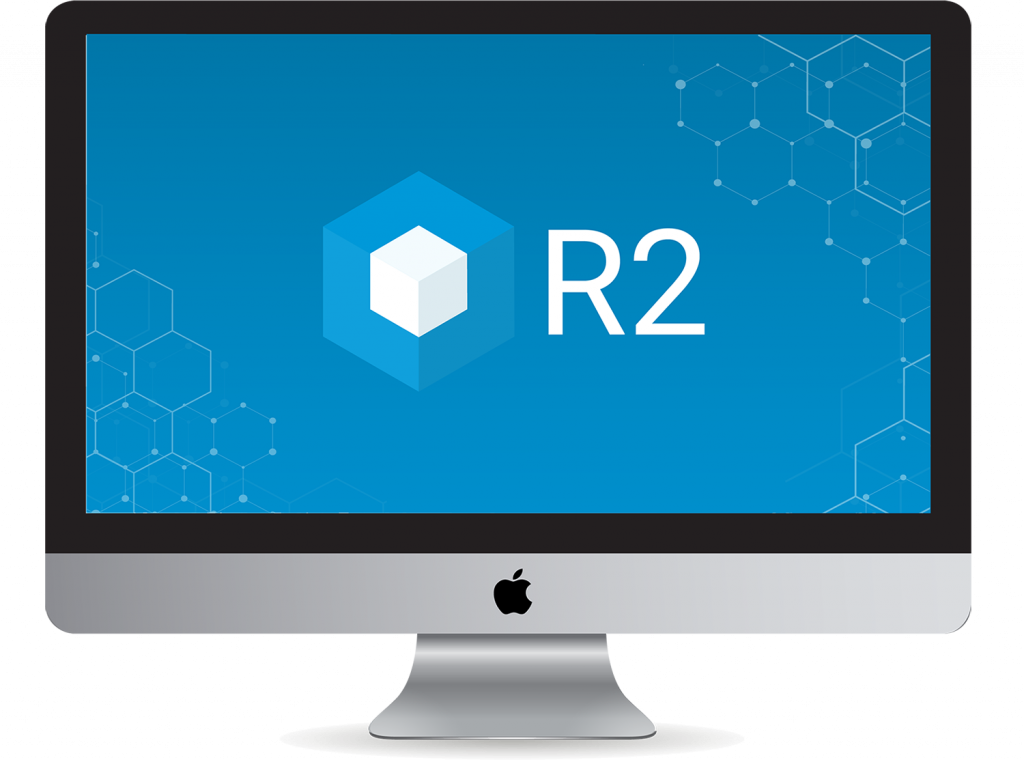

Evaluations
The Resilience Research Centre has carried out numerous local, national and international evaluations of programs and services concerned with the well-being of children, youth, families, and their communities. Our evaluations are tailored to the needs of each program and tend to use mixed methods with a pre-, mid-, post- test design.
eQuoo the Emotional Fitness Game
An evidence-based mental health and resilience game for young adults that teaches the psychological skills needed to build resilience.
Current Research Projects
Resilient Youth in Stressed Environments (RYSE)
RYSE is a multinational research project that explores patterns of resilience among young people in changing environments. Learn More
Child and Youth Refugee Research Coalition (CYRRC)
The CYRRC works to promote the successful integration of refugee children, youth and their families in Canada and beyond. Learn More
